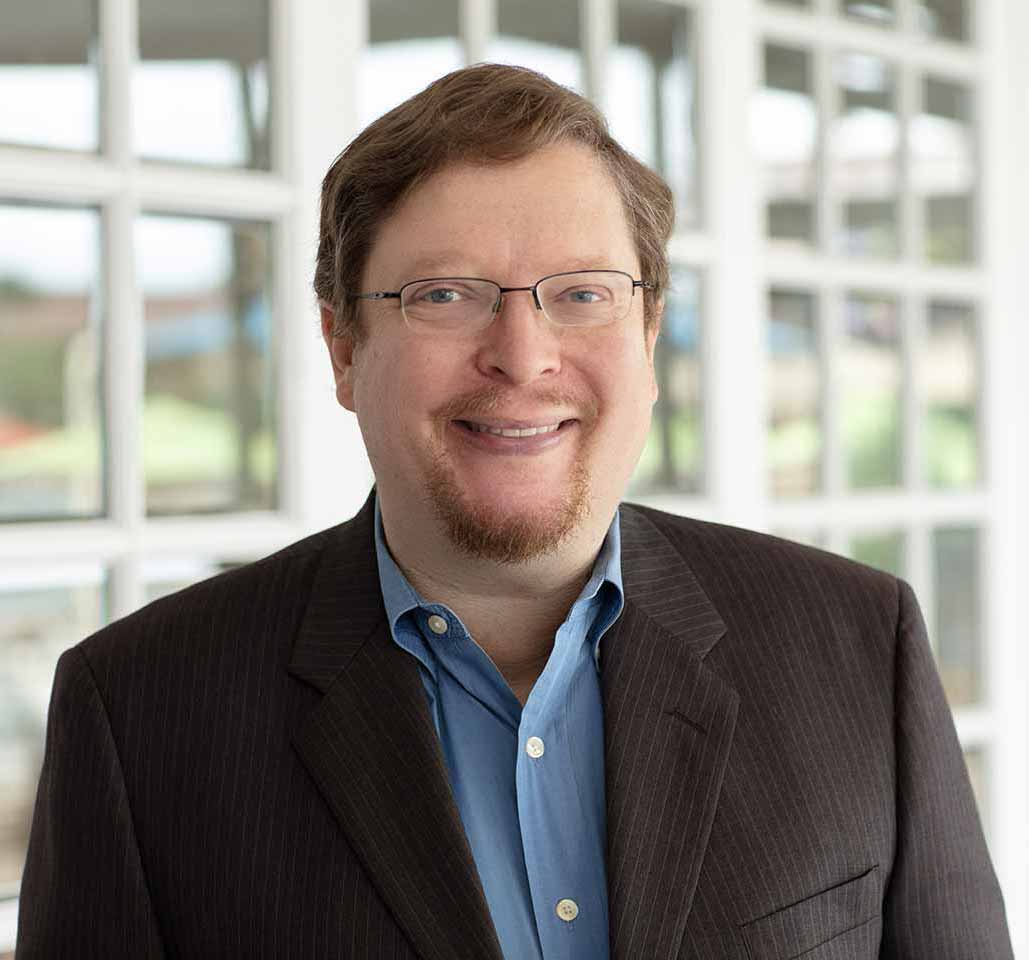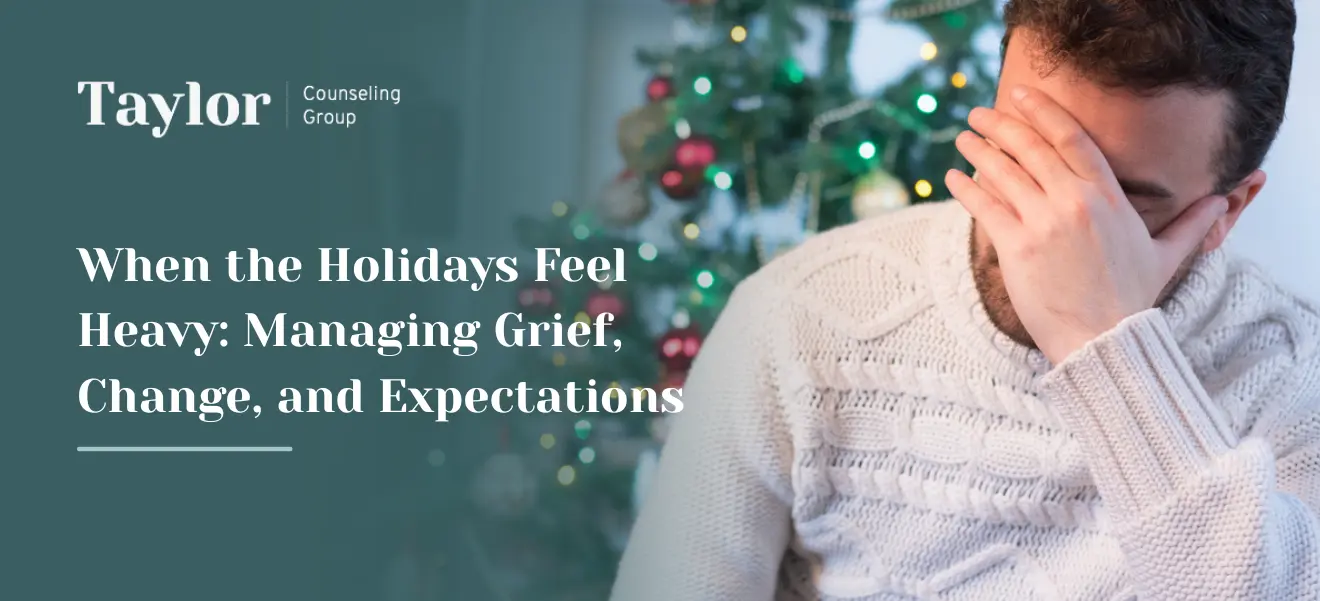Acute pain and chronic pain are two different things. They affect us in different ways and their treatment should differ. Acute pain is short-term, lasting up to six months, and usually resolves itself when you fix the underlying cause. Chronic pain lasts longer than 6 months and can continue even after the injury or illness that caused it has healed or gone away. The effects of chronic pain can be one big cycle. For example, pain can often cause muscle tension. Then increased muscle tension can increase pain. This cycle continues until pain and muscle tension are unbearable. Since we can’t magically take away all the pain, the goal would interrupt the cycle, decrease muscle tension, and therefore decrease pain. People with chronic pain tend to be less active and mobile when in pain, which is understandable. We were taught when growing up that if we hurt ourselves just to stay off it until it feels better or heals. This is a good strategy with acute pain but can cause more difficulties to those with chronic pain. The more inactive we are, the more deconditioned our muscles become which makes recovering from an injury or illness even more difficult. It can then lead to weight gain which can contribute to other health problems like high blood pressure and high cholesterol. Deconditioning can make you feel weak and tired all the time. Feeling weak and tired all the time can affect your ability to sleep. When you don’t sleep well it can affect your mood, feeling down, frustrated or angry. When you are constantly frustrated and angry you feel tense and the cycle goes on and on. Being stuck only furthers pain and opens you up to a host of other problems affecting your physical and mental health. Feel stuck? Ask for help and break the cycles.







